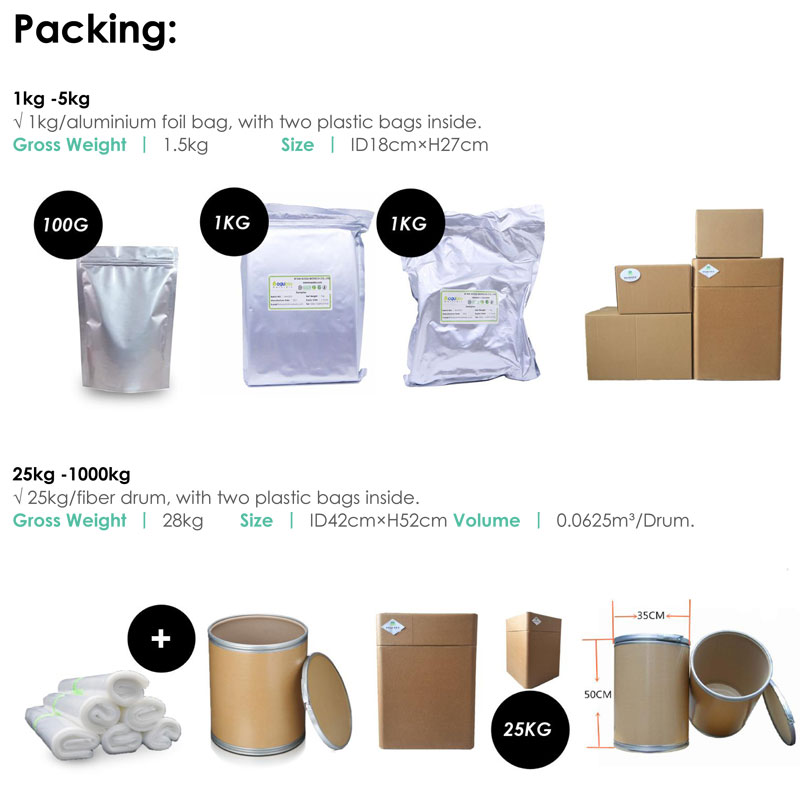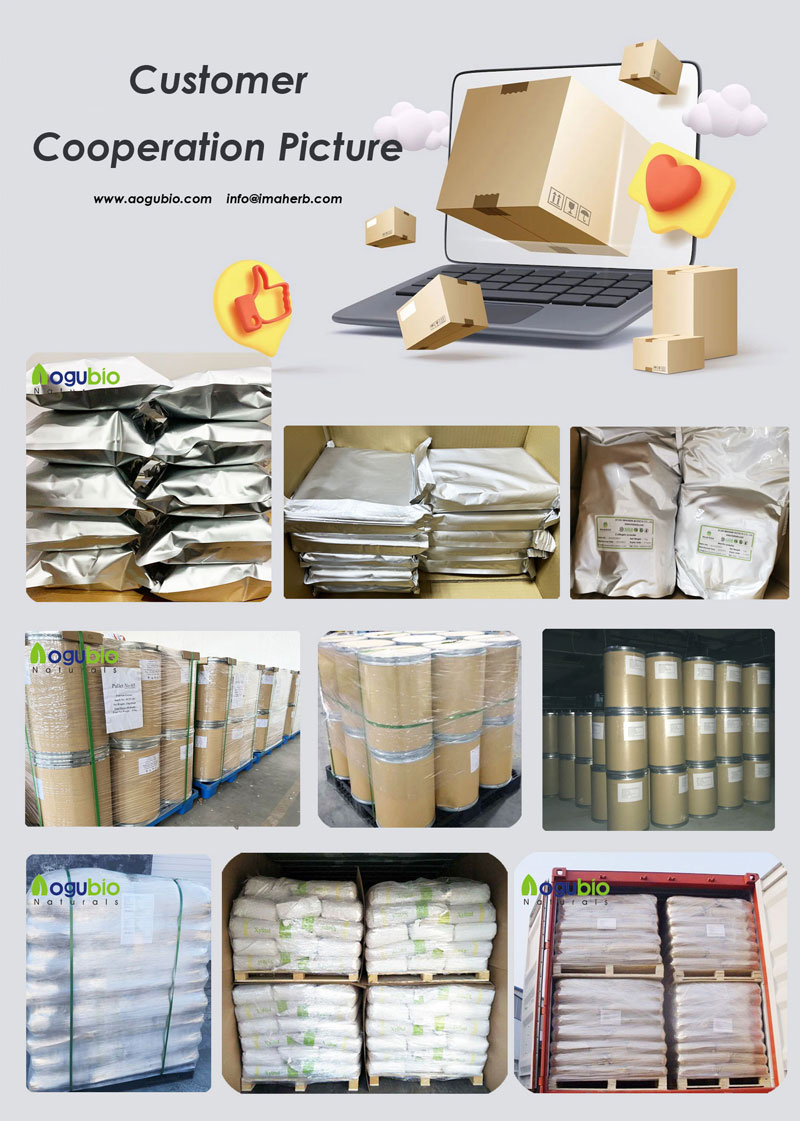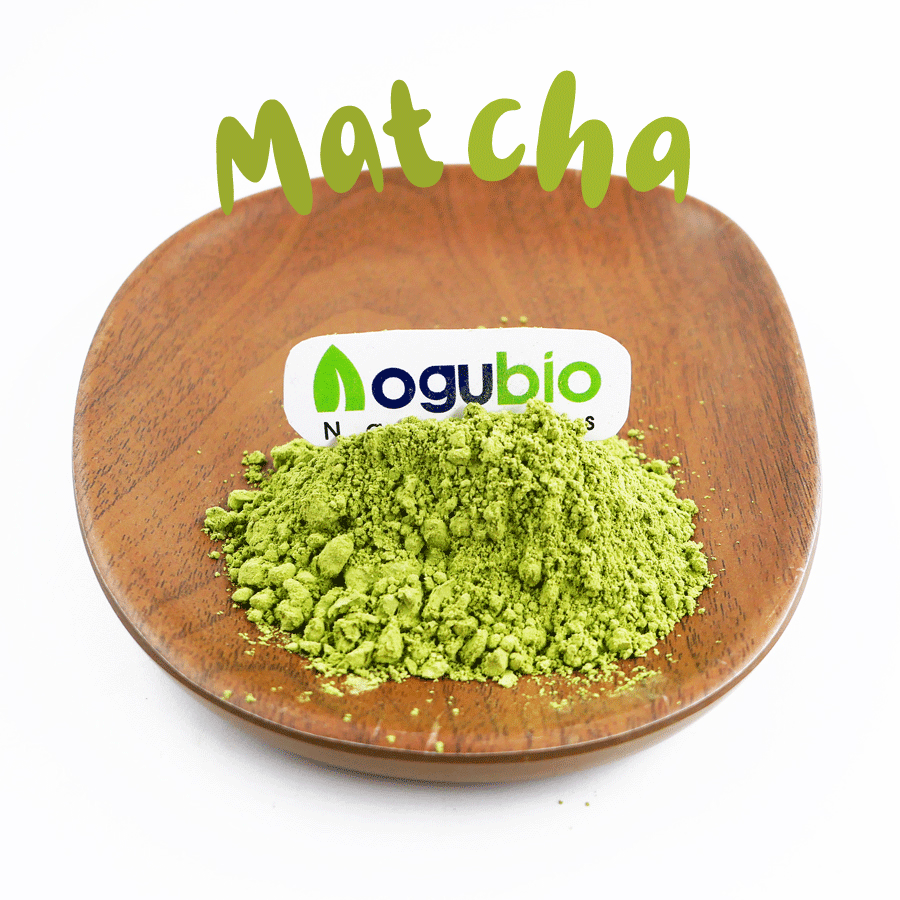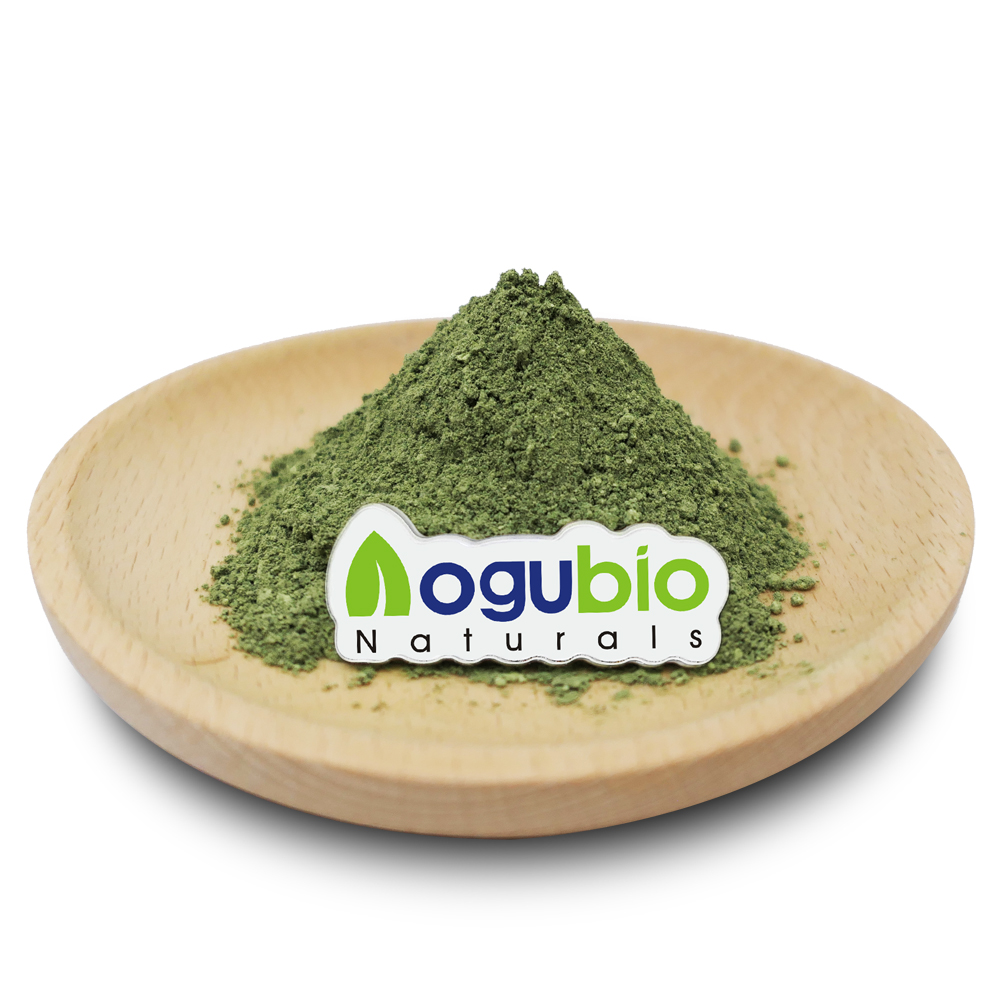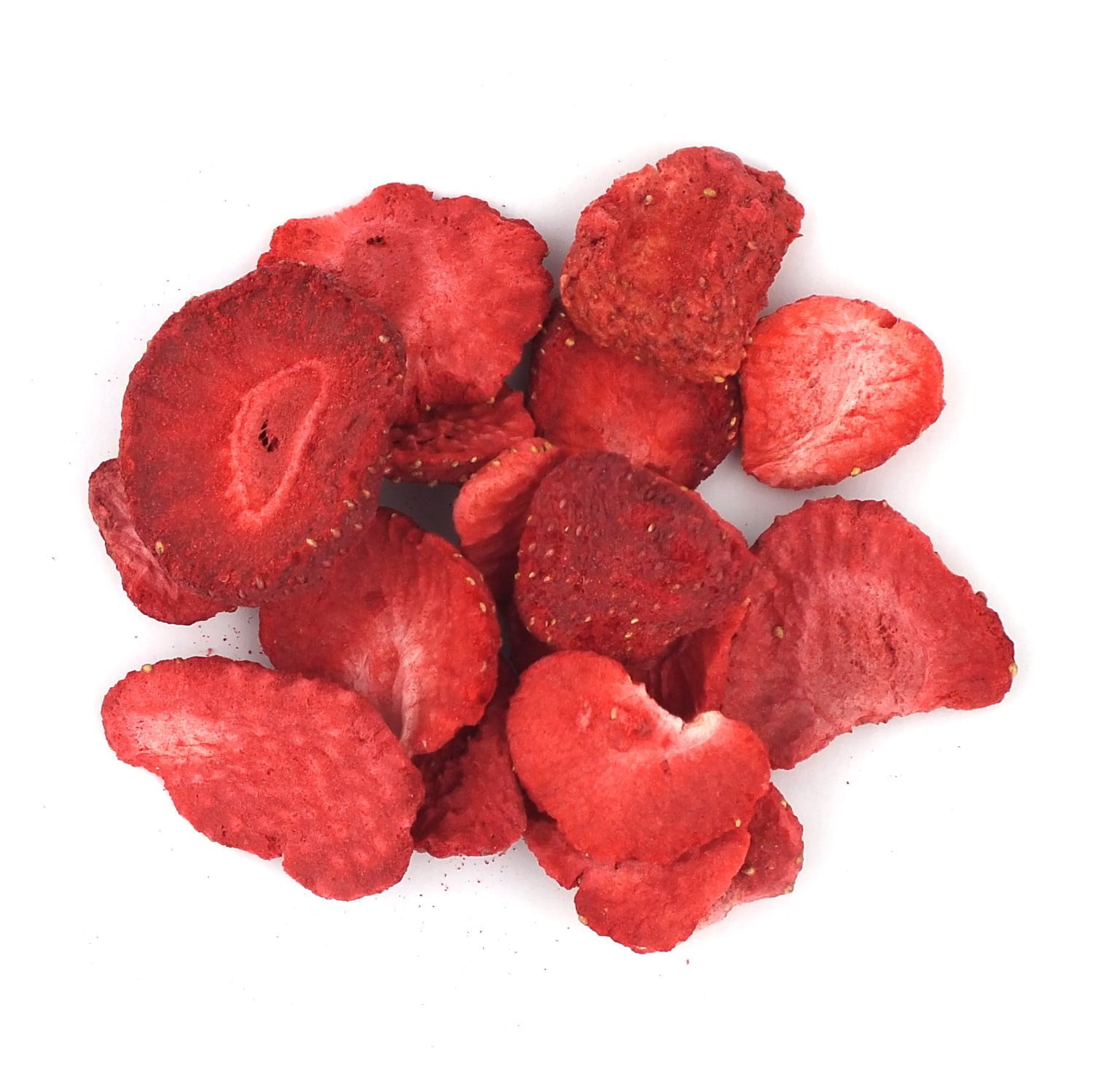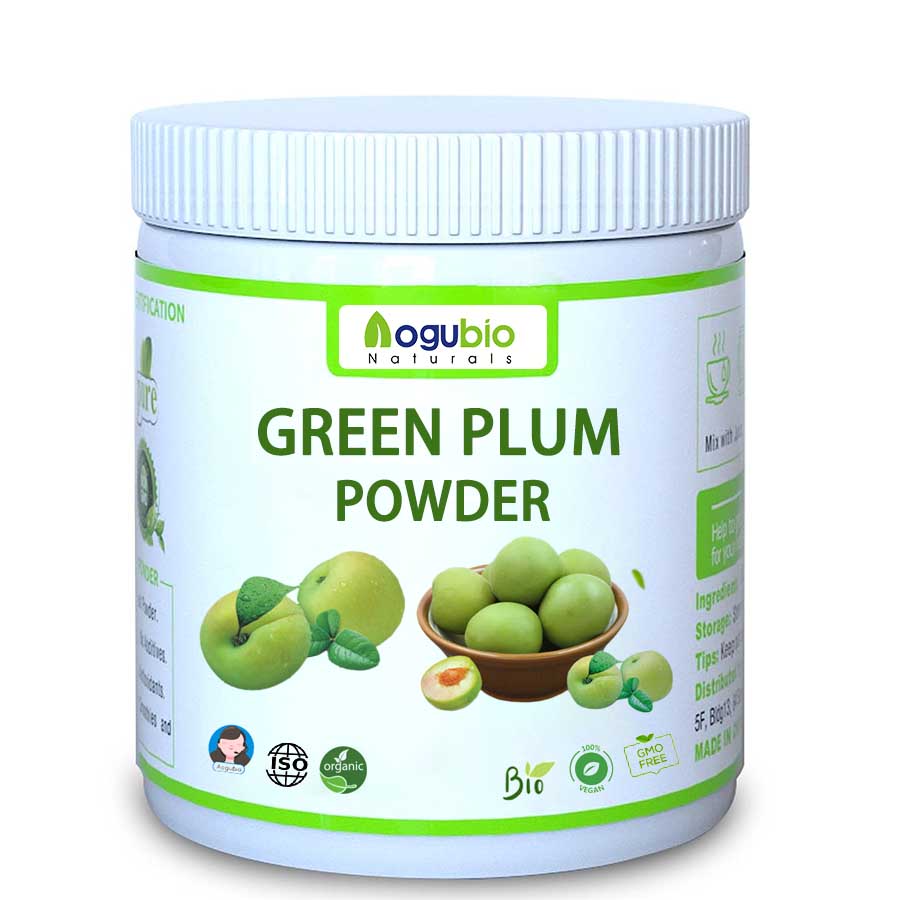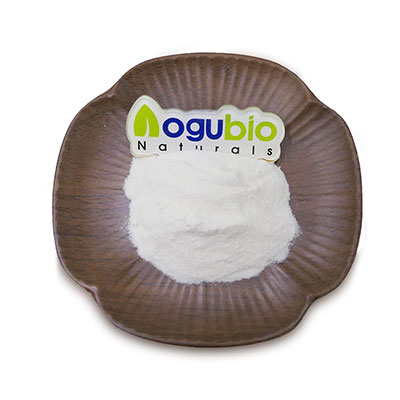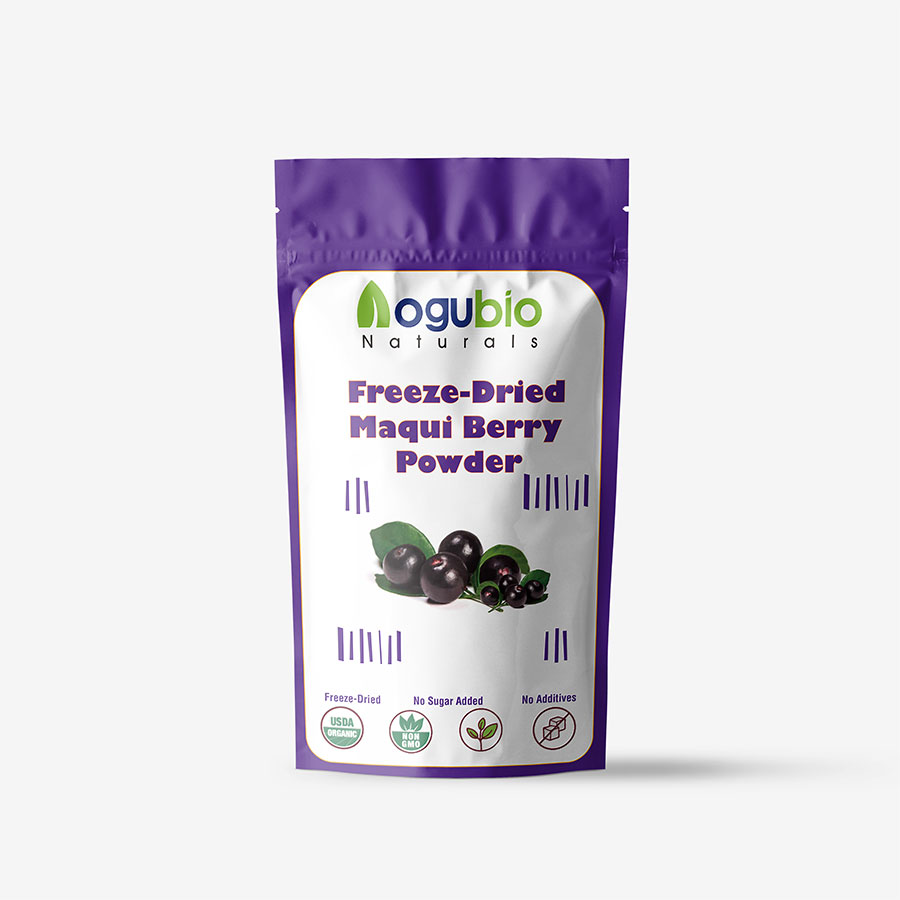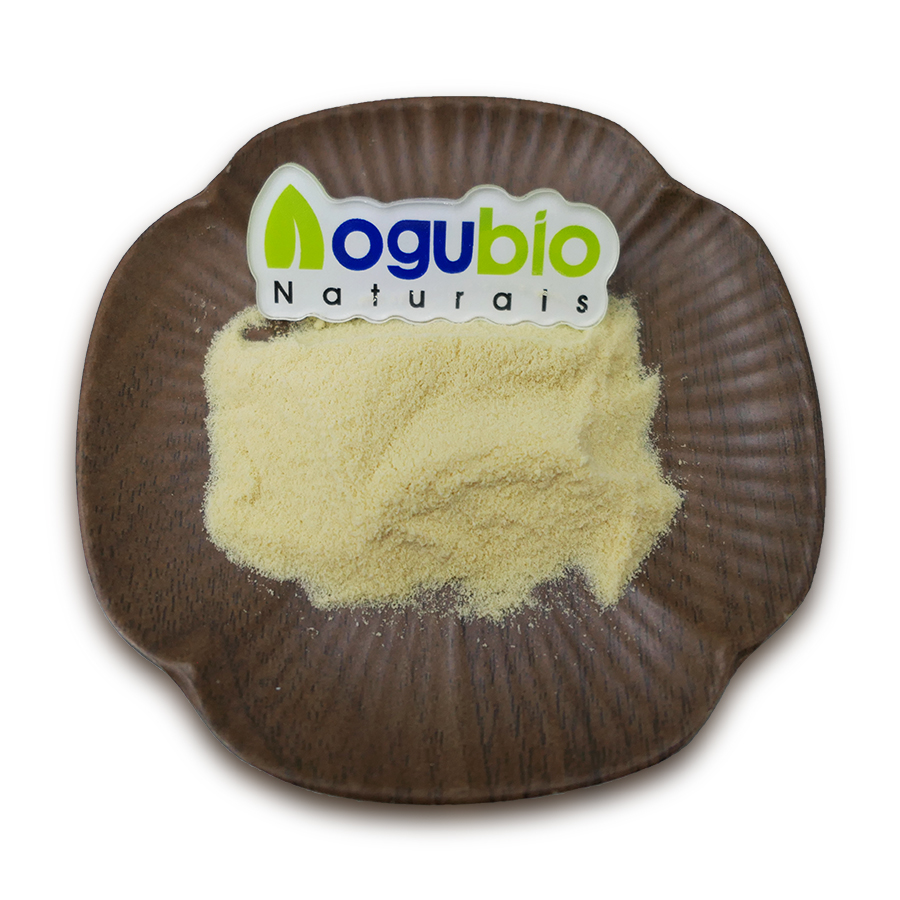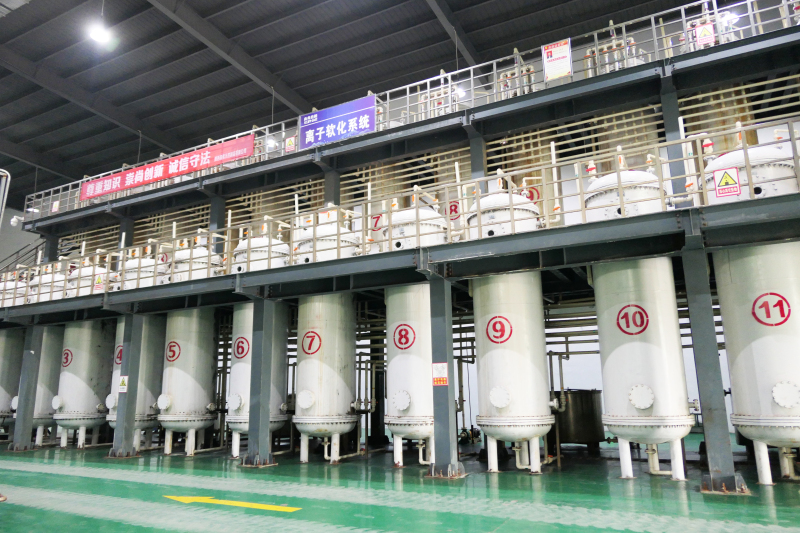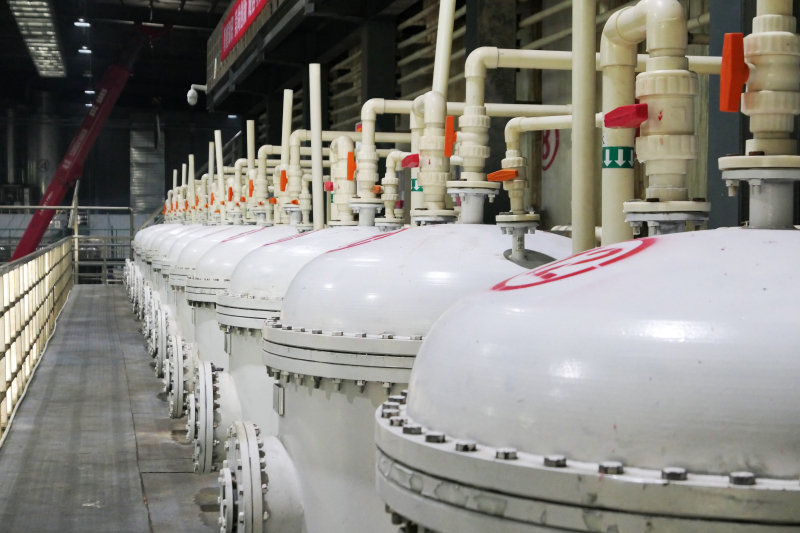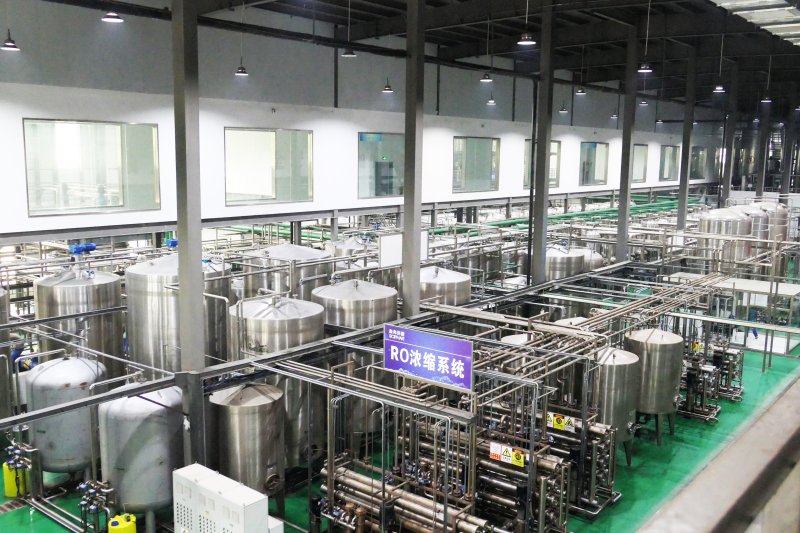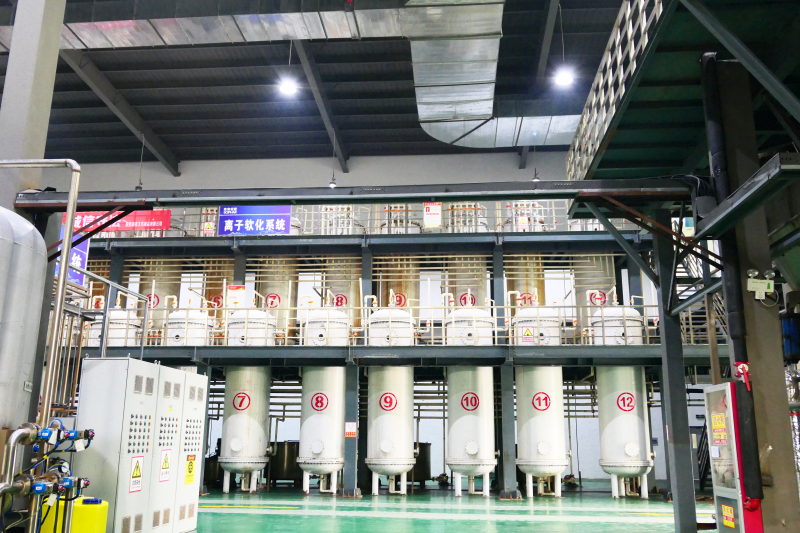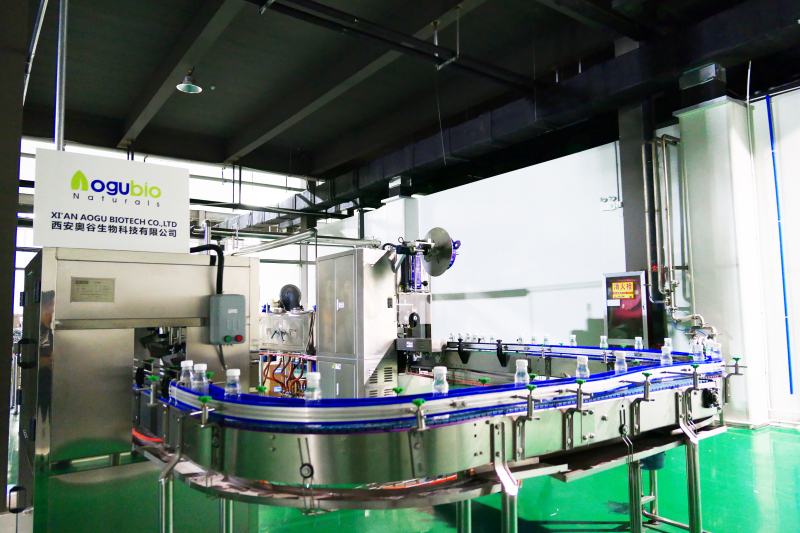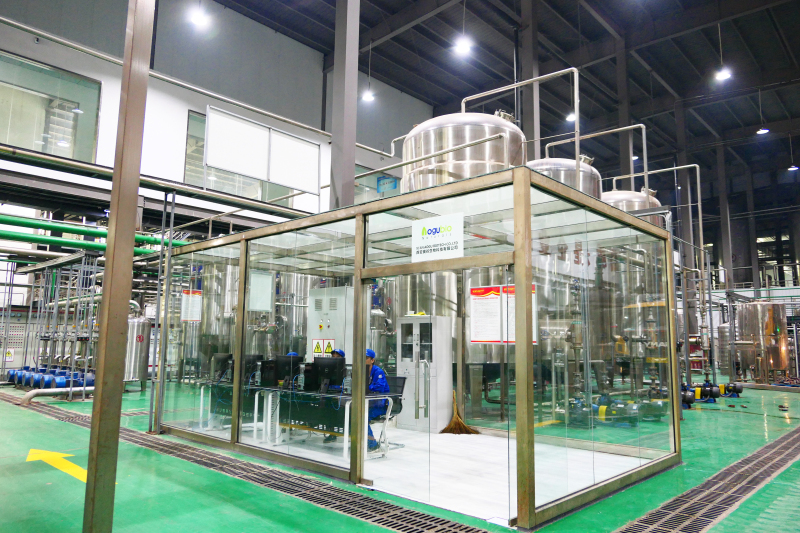100% Natural Pure Green Tea Matcha Powder
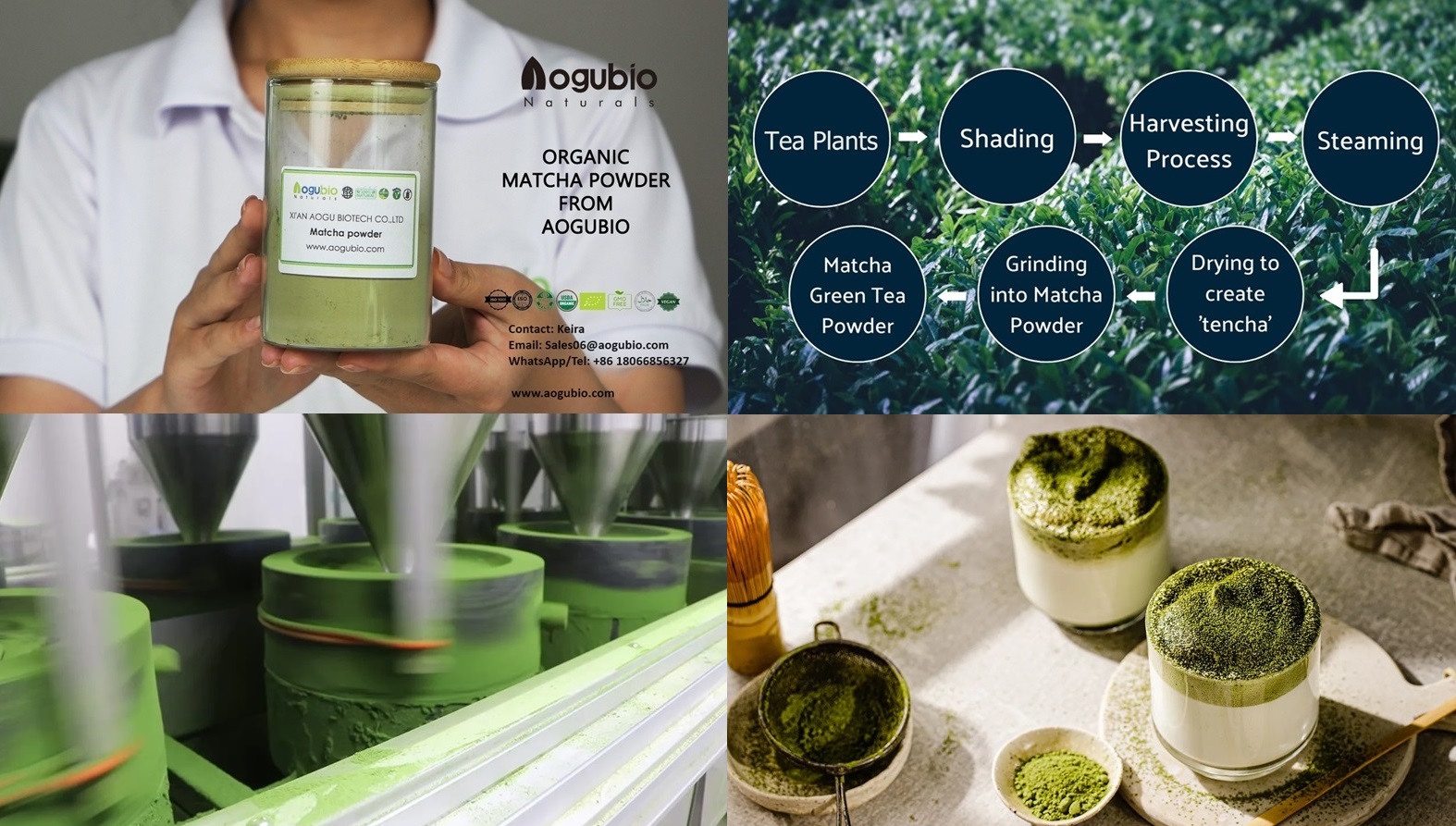
Product Description
Matcha is superb in quality, aroma and taste using 100% quality tea leaves through careful modern processing to retain its antioxidants and nutrition. Matcha green tea powder does not contain stems and veins of the tea leaf which contribute to lowered nutrition and bitter taste of some other brands of green tea powder. Sealed in a foil bag to prevent sunlight and oxidation, H & A’s Matcha Green Tea is guaranteed to be fresh.
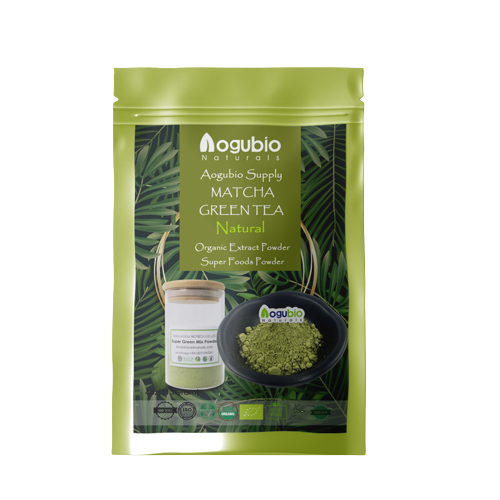
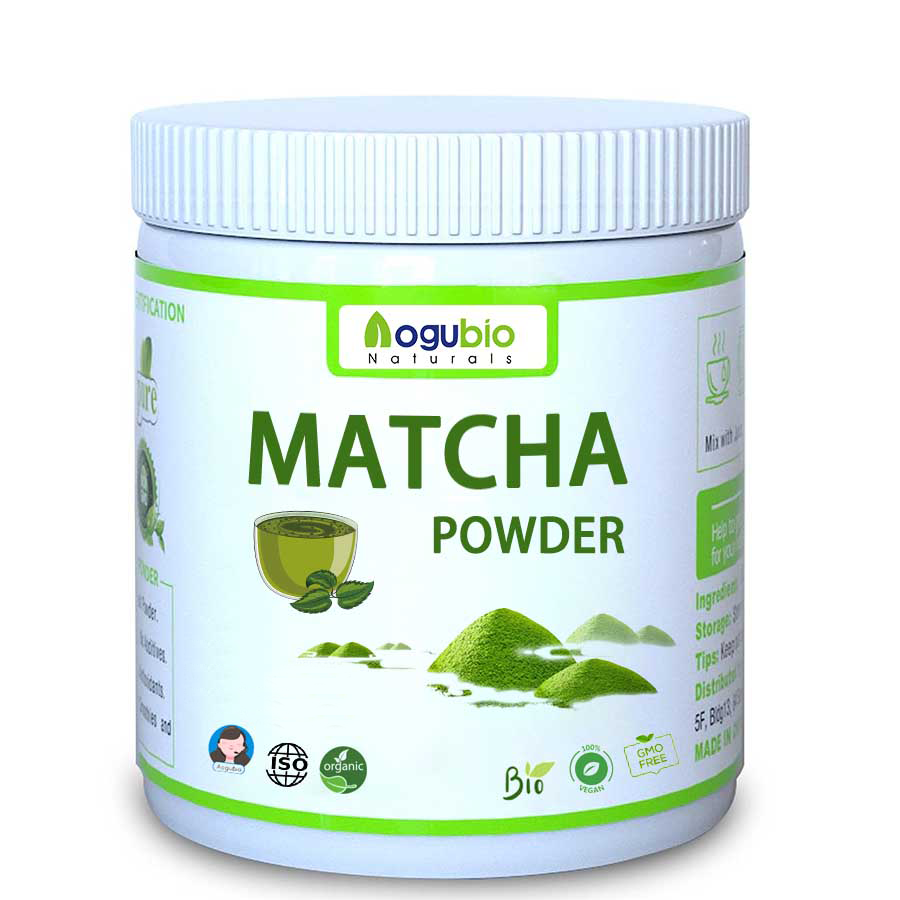
Benefits
- With Matcha green tea the possibilities of product innovation and creativity are endless. Looking for a new flavour? Try Matcha Green Tea.
- Currently, Matcha is used in beverages, ice cream, confections, baked goods, cakes, energy bars, smoothies, lattes and flavourings in chocolate and candy.
Basic Analysis
| Analysis | Description | Test Method |
| Botanical Name | Matcha | Visual |
| Plant Part | leaf | Visual |
| Description | Powder 600-1000 mesh green powder | AOAC 2000.07 |
| Flavor | Typical natural | Organoleptic |
| Solubility | Soluble in Water | AOCS Official Method Cd 1-25 |
| Preservatives | None | AOCS Official Method Ca 2c-25 |
| Moisture | 4.50% | AOAC 925.10 |
| Heavy Metals | < 3 ppm | ICP-MS/AOAC 993.14 |
| Arsenic (As) | < 0.5 ppm | ICP-MS/AOAC 993.14 |
| Cadmium (Cd) | < 0.5 ppm | ICP-MS/AOAC 993.14 |
Microbial Analysis
| Total Plate Count | < 3,000 cfu/g | AOAC 990.12 |
| Total Yeast & Mold | < 300 cfu/g | AOAC 997.02 |
| E. Coli | < 10 cfu/g | AOAC 991.14 |
| Coliforms | < 10 cfu/g | AOAC 991.14 |
| Salmonella | Negative | ELFA-AOAC |
Nutritional Information
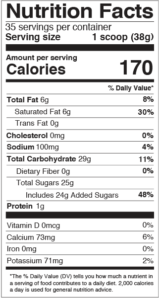
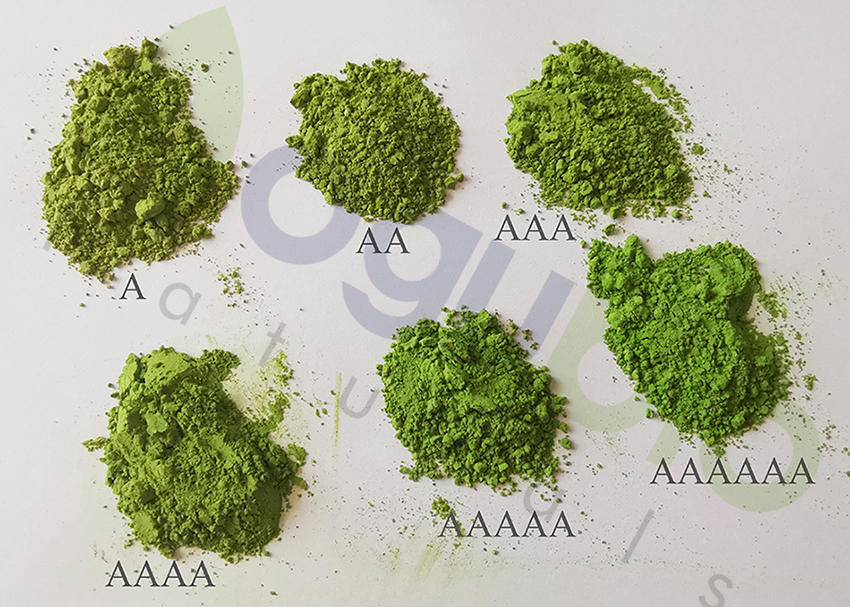
Matcha powder can be divided into several grades according to quality and grade, and they mainly have the following differences:
First, raw materials and planting conditions:
- Premium matcha powder
The raw material is usually selected from a specific variety of tea trees, such as Yobai. The leaves of this tea plant are fresh, soft and green in color. These tea plants are generally grown in an environment with proper shade. For example, in famous matcha producing areas such as Uji, Japan, tea farmers will build trellses above the tea trees and shade them with materials such as reeds for about 20-30 days. Shading can change the photosynthesis of tea plants, increase the content of chlorophyll and amino acids, and reduce the content of tea polyphenols, thus making matcha taste more delicious and less bitter.
When picking, only pick one bud and two leaves or one bud and one leaf part at the top of the tea tree. These parts are the richest in nutrients and ensure the delicate taste of matcha powder. Picking time is also very strict, usually in the spring, specifically around April to May, when the quality of tea is the best.
- Medium matcha powder
The variety of tea plants may be relatively diverse, but the quality is somewhat inferior. Shading measures during planting may not be as perfect as tea trees with high grade matcha powder. The shading time may be shorter, around 10-20 days, resulting in slightly lower chlorophyll and amino acid content in the tea and slightly higher polyphenol content in the tea.
The picking criteria are relatively loose and may include slightly older leaves, such as parts of a bud three leaves, which to some extent affects the quality and taste of matcha powder.
- Low grade matcha powder
Raw tea tree varieties are more common, planting conditions are simple, and there may be no fine shade treatment. The leaves of this tea plant are harder in texture and less green in color than premium matcha.
A wider range of leaves are picked, including older leaves, and picking times may not be limited to the best period, making the quality of the tea uneven.
Second, processing technology
- Premium matcha powder
After picking the tea leaves, it is treated by steam killing, which is a relatively mild method of killing. Through high temperature steam in a short time (generally 10-30 seconds) to destroy the enzyme activity in tea, can well retain the natural color of tea, aroma and nutrients. For example, in the processing of advanced matcha powder, the tea leaves are cooled rapidly after steam killing to prevent the waste heat from adversely affecting the quality of the tea.
The drying process is also very fine, usually using natural drying or low temperature drying, so that the water content of tea is reduced to about 3%-5%. After the stone grinding process is more critical, advanced matcha powder will use a stone mill made of natural stone, grinding at a low speed (about 20-30 RPM), can grind the tea is very fine, the particle size can reach 3-5 microns, which can fully release the nutrients and flavor substances of the tea.
- Medium matcha powder
The method of killing may be a combination of steam killing and wok frying. If the control of temperature and time is not precise enough, the color and aroma of tea may be affected.
During the drying process, the temperature may be slightly higher and the time may be slightly longer, which may lead to the loss of some nutrients and aroma components in the tea. In the grinding process, the equipment used may be a mechanical grinder, although it can reach a certain fineness, but the particle size is generally about 5-10 microns.
- Low grade matcha powder
Simple heating methods, such as direct high temperature drying, may be used to destroy the nutrients and natural aroma of the tea.
When the dried tea is ground, a rougher grinding equipment may be used, and the particles after grinding are larger, generally about 10-20 microns.
Third, the appearance of color
- Premium matcha powder
The color appears a vivid emerald green, which is due to its high content of chlorophyll. And the color is uniform, there is no obvious color difference. When the matcha powder is placed in a white paper or container, it is like a fine layer of emerald green tulle, giving a fresh and elegant feeling.
- Medium matcha powder
The color is green, but it is slightly dull compared to premium matcha powder and may have a slight yellow-green tinge.
- Low grade matcha powder
The color is yellowish or greenish, not bright enough.
Shelf life
Temperature, 15°C to 25°C.Keep closed in a dry warehouse, free from infestation and not exposed to direct sunlight. Do not store adjacent to material that gives off strong odours.
Gmo statement
We hereby declare that, to the best of our knowledge, this product was not produced from or with GMO plant material.
By products & impurities statement
- We hereby declare that, to the best of our knowledge, this product does not contain and was not manufactured with any of the following substances:
- Parabens
- Phthalates
- Volatile Organic Compounds (VOC)
- Solvents and Residual Solvents
Gluten free statement
We hereby declare that, to the best of our knowledge, this product is gluten-free and was not manufactured with any ingredients containing gluten.
(Bse)/ (Tse) Statement
We hereby confirm that, to the best of our knowledge, this product is free of BSE/TSE.
Cruelty-free statement
We hereby declare that, to the best of our knowledge, this product has not been tested on animals.
Kosher statement
We hereby confirm that this product has been certified to Kosher standards.
Vegan Statement
We hereby confirm that this product has been certified to Vegan standards.
Food Allergen Information
| Component | Present in the product |
| Peanuts (and/or derivatives,) e.g., protein oil | No |
| Tree Nuts (and/or derivatives) | No |
| Seeds (Mustard, Sesame) (and/or derivatives) | No |
| Wheat, Barley, Rye, Oats, Spelt, Kamut or their hybrids | No |
| Gluten | No |
| Soybeans (and/or derivatives) | No |
| Dairy (including lactose) or Eggs | No |
| Fish or their products | No |
| Shellfish or their products | No |
| Celery (and/or derivatives) | No |
| Lupin (and/or derivatives) | No |
| Sulphites (and derivatives) (added or > 10 ppm) | No |
